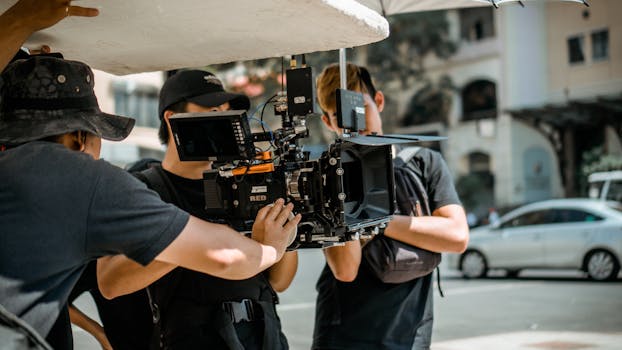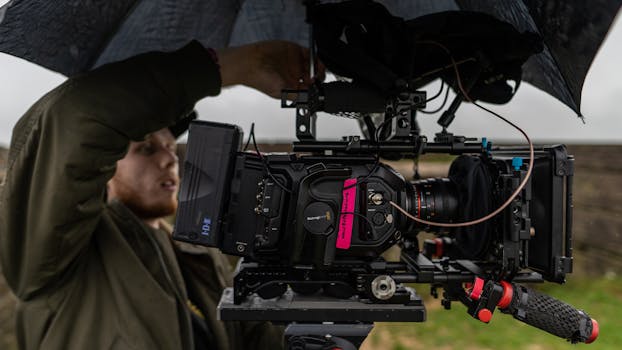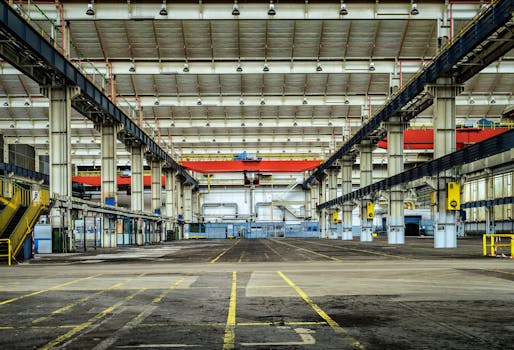You could do a degree in film or television production before applying for work with a production company.
You'll find it helpful to take a course that includes practical skills and work placements, which will give you the chance to make industry contacts.
Entry requirements
You'll usually need:
- 2 to 3 A levels, or equivalent, for a degree







